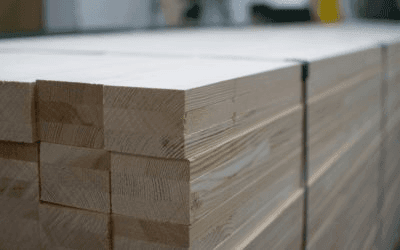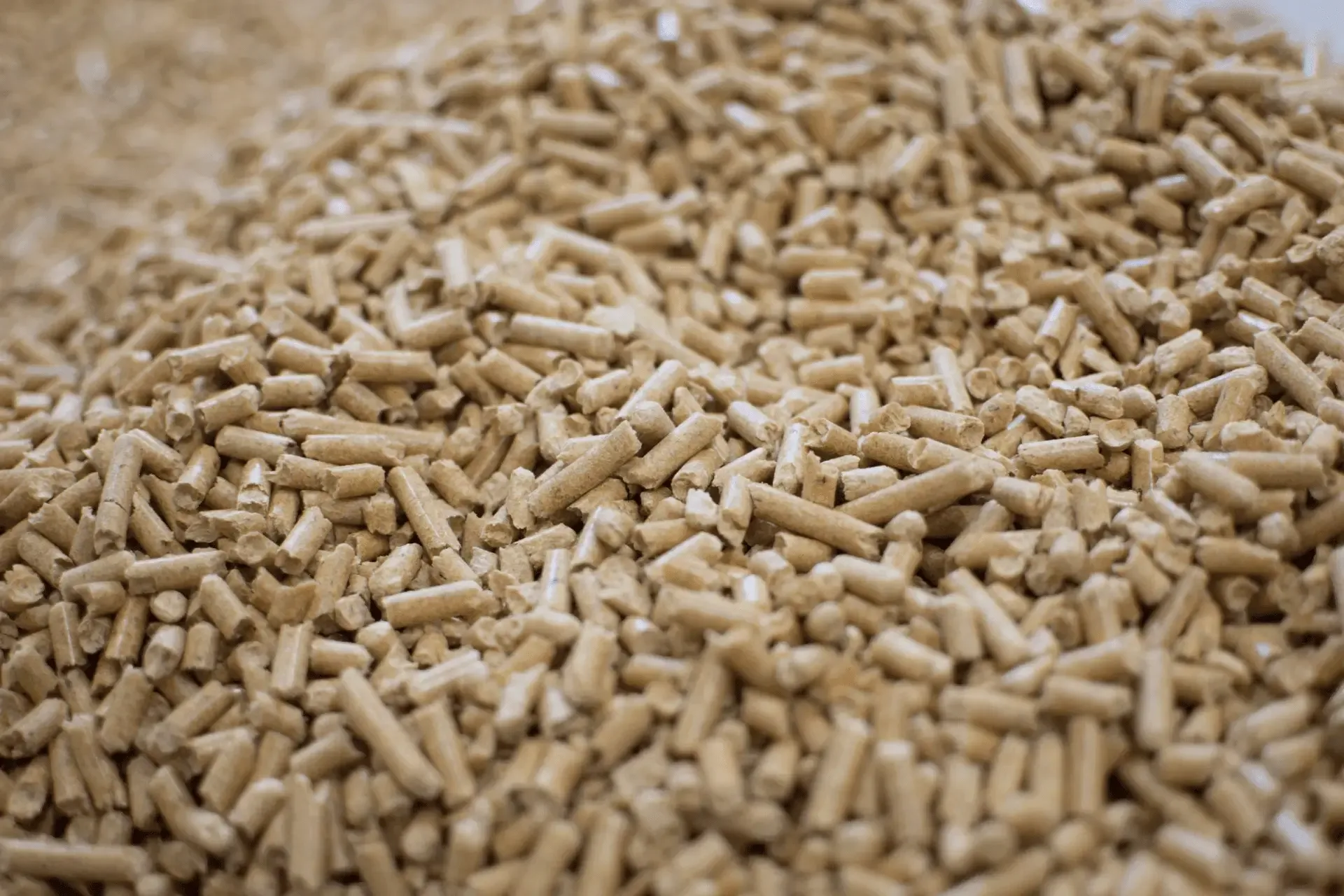Steel pipes – types and basic parameters
Steel pipes have a very wide range of applications – from heating installations to industrial constructions. Choosing the right type and parameters of a pipe requires understanding its technical properties and adapting them to the specific needs of a given industry.
Key types of steel pipes – classification and diversity
Steel pipes are mainly divided into seamless and welded pipes.
- Seamless pipes: Made by rolling or drawing, they are characterized by the lack of a visible joint, which leads to higher strength and tightness.
- Welded pipes: Made from steel sheets, welded either longitudinally or spirally, they have a lower production cost while still providing adequate durability for less demanding applications.
Additionally, steel pipes can be:
- Black: Raw steel, mainly used inside structures or in industrial installations.
- Galvanized: Coated with a layer of zinc to protect against corrosion, ideal for outdoor applications.
Steel pipe parameters – what is worth checking?
When selecting steel pipes, it is important to pay attention to key parameters such as diameter, wall thickness, corrosion resistance, and maximum working pressure. Diameter can be expressed in different units:
- Nominal (DN)
- Millimeters (mm)
- Inches
- According to standards, e.g., PN.
DN is a popular way of indicating diameter, but metric or inch sizes are also used. For example, DN 50 corresponds to 2″ in inches or 60.3 mm in the metric system.
Wall thickness determines the pipe’s resistance to both internal and external pressure, while corrosion resistance depends on the material type and the environmental conditions in which the pipe will be used. For transmission and heating installations, checking the maximum working pressure, which should meet the project’s requirements, is also crucial.
Application of steel pipes in different industries
Steel pipes are widely used in many sectors of the economy, from heating systems to construction industry and media transmission. Their unique properties – strength, durability, and versatility – make them an indispensable element of many installations.
Steel pipes for central heating and heating installations
Steel pipes are a popular choice for central heating systems due to their durability and resistance to high temperatures. They handle pressure and temperature changes well, which is crucial in heating installations. Additionally, their strength minimizes the risk of mechanical damage, ensuring the system’s longevity.
Use of steel pipes in industrial constructions
In the construction and heavy industries, steel pipes are indispensable due to their high strength and versatility of applications. They are used in load-bearing, supporting structures, and as elements of industrial machines. Their ability to carry large loads makes them reliable in demanding conditions.
Use of steel pipes in media transmission
Steel pipes play a key role in the transmission of gas, water, and other substances, thanks to their tightness and resistance to working pressure. They are widely used in water supply systems, gas pipelines, and transmission systems for the chemical and energy industries, where safety and infrastructure durability are critical.
Durability of steel pipes – the key to installation
Longevity The durability of steel pipes is one of the most important factors affecting installation reliability. Their lifespan depends on the material quality, usage conditions, and the protection methods applied against external factors.
Factors affecting steel pipe durability
The durability of steel pipes is influenced by factors such as the type of steel, environmental conditions, and usage. High humidity, contact with aggressive chemicals, or exposure to extreme temperatures can accelerate degradation processes.
The quality of pipe manufacturing is also crucial, including welds in the case of welded pipes, which may be more prone to damage if not properly protected.
Methods of protecting steel pipes from corrosion
To increase the corrosion resistance of steel pipes, various protective techniques are applied. Galvanizing is one of the most popular methods, which involves coating the surface with a layer of zinc to protect the steel from corrosion.
Powder coating provides an additional protective barrier, especially in installations exposed to chemicals. In more demanding conditions, epoxy coatings are used, combining mechanical durability with high chemical resistance. In some cases, cathodic electrochemical protection is applied to effectively minimize corrosion risk in aggressive environments, such as underground pipelines.
How to choose the right steel pipes? Tips for investors and contractors
The choice of steel pipes should be influenced by technical parameters and budget. ENVUN offers second-grade steel pipes that combine high quality with lower prices, ideal for cost-effective investments. Additionally, our company provides pipe cutting services to the specified size, which facilitates project execution and minimizes waste. This practical and economical solution for investors and contractors.



